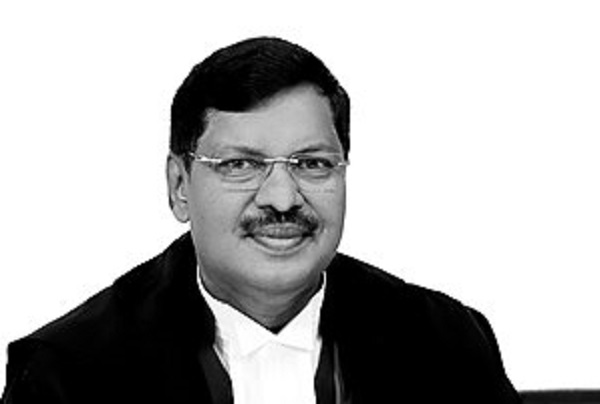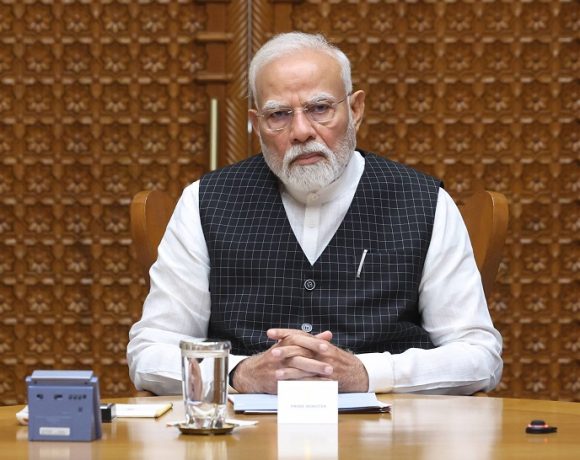
Justice B.R. Gavai to Succeed as 52nd Chief Justice of India
Justice Bhushan Ramkrishna Gavai is set to assume office as the 52nd Chief Justice of India (CJI) on May 14, 2025, following the scheduled retirement of incumbent Chief Justice Sanjiv Khanna on May 13. His tenure, although brief, will mark a significant moment in the judicial history of India, concluding on November 23, 2025.
Background and Judicial Career
Born on November 24, 1960, in Amravati, Maharashtra, Justice Gavai began practicing law in 1985 and built a distinguished career in both legal practice and judicial service. He was appointed a judge of the Bombay High Court in 2003 and went on to serve there until 2019, when he was elevated to the Supreme Court.
During his tenure at the apex court, Justice Gavai contributed to several high-profile and constitutionally significant verdicts. These include:
-
Being part of the bench that upheld the abrogation of Article 370, ending Jammu and Kashmir’s special status.
-
Contributing to the judgment that struck down the electoral bonds scheme for political funding.
-
Participating in the verdict that upheld the 2016 demonetization exercise.
-
Ruling in favor of allowing states to create sub-classifications within Scheduled Castes to fine-tune reservation benefits.
Historical Significance
Justice Gavai’s elevation is particularly notable as he will become only the second Dalit Chief Justice of India, following the appointment of Justice K.G. Balakrishnan in 2007. His appointment is seen as a step toward strengthening representation and inclusivity within the country’s highest judicial institution.
His succession will be followed by Justice Surya Kant, who is next in line to take charge after Justice Gavai’s retirement.
Ceremony and Swearing-In
The official oath-taking ceremony will be conducted at Rashtrapati Bhavan, where President Droupadi Murmu will administer the oath of office.
Conclusion
Justice Gavai’s rise to the highest judicial position underscores not only his legal acumen and contributions to constitutional jurisprudence but also the evolving landscape of representation within the Indian judiciary. While his tenure will be short, it is poised to be impactful in both symbolism and substance.


















